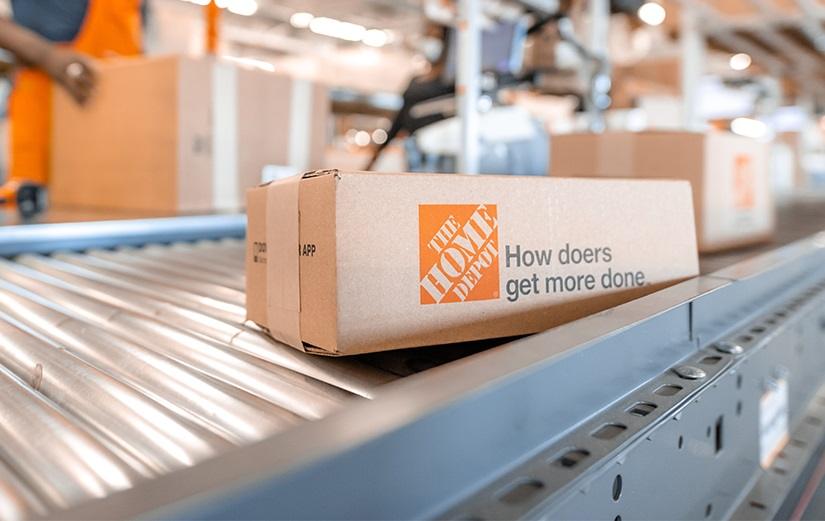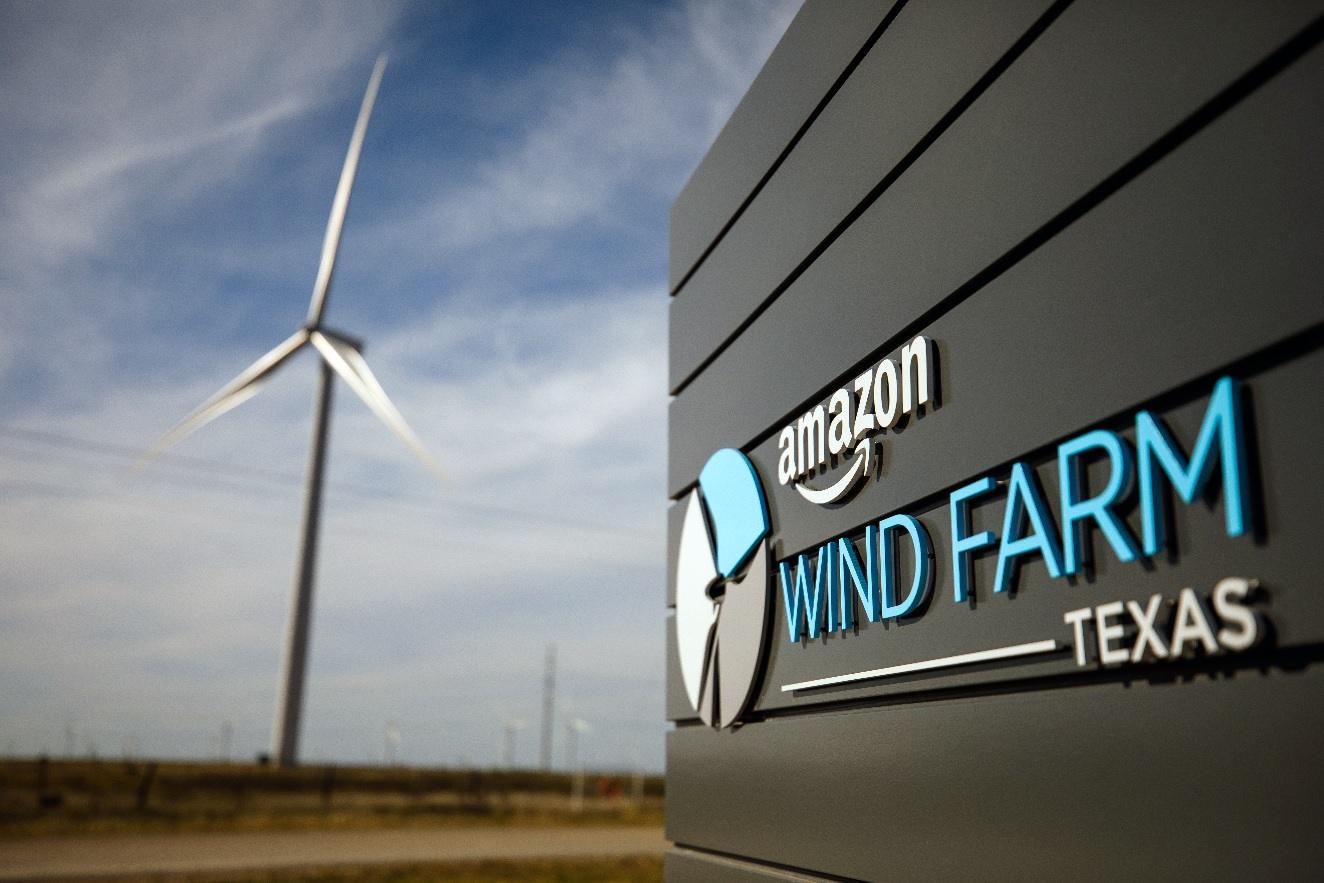Home Depot Commits to Reduce Emissions from Sold Products by 25% by 2030
Home Depot announced today a series of new climate-related goals, including a target to reduce emissions from the use of the products that it sells by 25% by 2030, along with other 2030 commitments to reduce Scope 1 and 2 emissions by 42%, compared with 2020.
Scope 3 emissions, or those originating across the value chain outside of a company’s direct control, account for more than 70% of Home Depot’s emissions footprint, with “Use of Sold Products” representing the most significant Scope 3 category for the company.
The new goals were announced alongside the release of Home Depot’s 2023 ESG Report, which also included details on the company’s plans to address product emissions, including working with suppliers to improve the energy efficiency of their products, and prioritizing sales of high-efficiency electrified products. The company also outlined two targets to help drive these improvements, including a goal, announced last month, to have more than 85% of its US and Canada sales of outdoor power equipment, including lawn mowers, to be powered by rechargeable batteries by 2028, and a goal to help customers save $600 million in energy costs by 2026 through proper use of energy-saving products.
Home Depot said that it developed its new goals in accordance with the standards of the Science Based Targets initiative (SBTi), and that it has submitted them for SBTi approval.
Ted Decker, Chair, President & CEO, said:
“Submitting our targets to SBTi, a globally recognized organization, provides accountability and helps demonstrate our commitment to reducing our emissions in line with the latest climate science.”
Additional new sustainability goals included in Home Depot’s ESG Report include targets to help customers reduce water use by 100 billion gallons by 2026, have all private brand fiber packaging for new SKUs will be compostable, recyclable, or recycled content by 2028, motivate top-tier strategic suppliers to have a business-relevant publicly stated sustainability goal by 2025, invest 10 million hours of training to frontline associates and 2.5 million hours of leadership training to leaders supporting their career growth and skill development by 2028, and create 75,000 career advancement opportunities for front-line associates over a five-year period.
Decker said:
“Since the company’s inception, we have invested in running a responsible, sustainable company because it makes our business stronger, more agile, and more resilient.”





